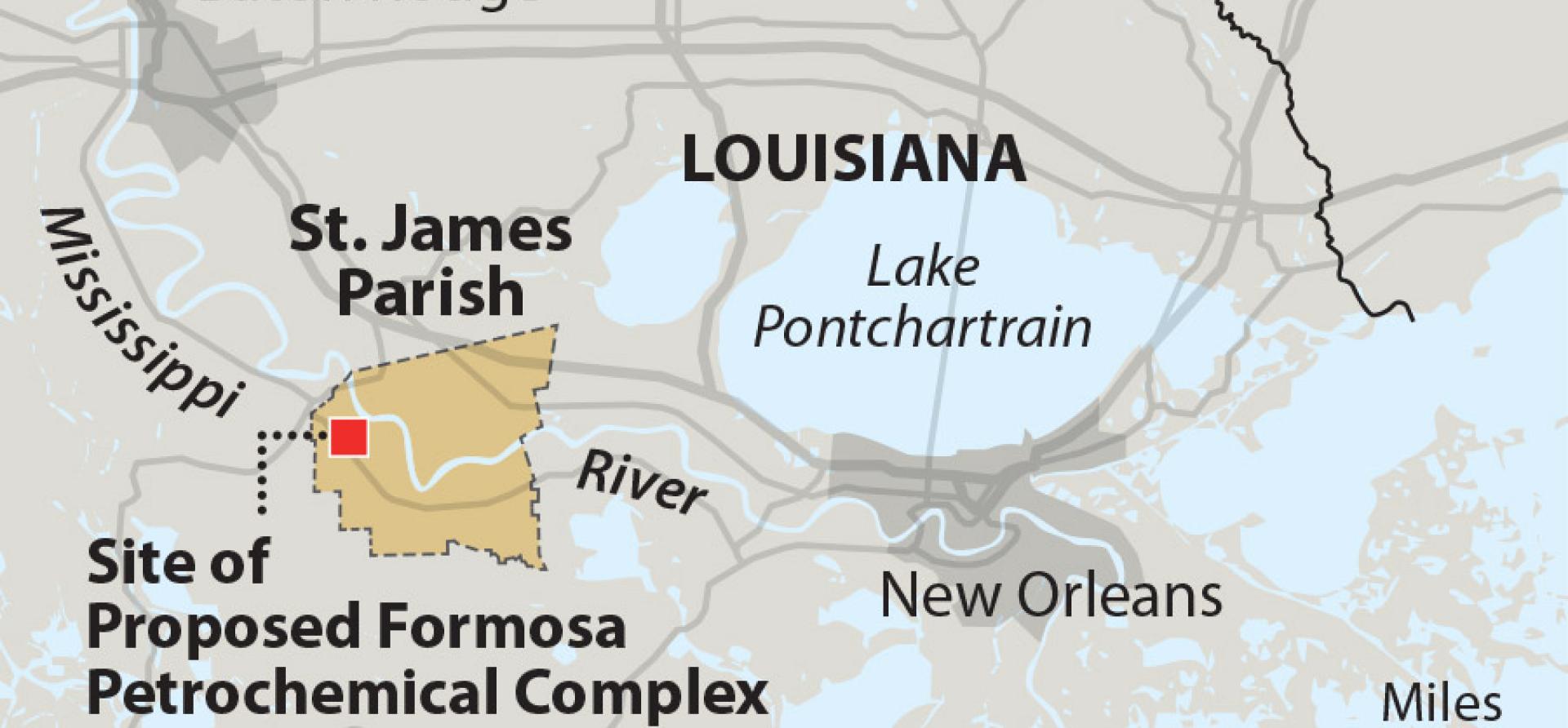IEEFA U.S.: Army Corps of Engineers requires full environmental review for Formosa petrochemical project in Louisiana

A massive petrochemical complex proposed for an already heavily polluted community in Louisiana must undergo a thorough and public environmental analysis.
The Army Corps of Engineers has reversed its earlier position and issued an Aug. 18 memorandum directing officials to prepare a full environmental impact statement (EIS) to assess the potential environmental impacts of the Formosa Group Chemical Plant. The memorandum emphasizes the document must “thoroughly review areas of concern, particularly those with environmental justice implications.”
IEEFA reported in March that the petrochemical project is not likely to be as profitable as projected
The Institute for Energy Economics and Financial Analysis (IEEFA) reported in March that the petrochemical project is not likely to be as profitable as projected. Its construction costs are likely to be much higher than predicted and the market for its products is subject to pressures expected to reduce demand over time. An EIS should consider this in weighing the project’s benefits against its adverse impacts.
THE FAILURE OF THE CORPS TO PRODUCE AN EIS became the subject of a federal court appeal by organizations including local community groups, and indeed was unjustifiable given that the project could emit 13.6 million tons of greenhouse gases annually—more than any other U.S. oil, gas or petrochemical infrastructure project since 2012. The toxic emissions from the plant would exacerbate local pollution. The Louisiana community’s air reportedly has more cancer-causing chemicals than 99.6% of industrialized areas in the United States. The project would be located in a district with a 91% African American population.
IEEFA’s report also discussed environmental justice issues, which a Washington Post article also highlighted, from the perspective of investment risk. Moody’s Investors Service also noted that the “unequal position of the Black community in the U.S. is a salient and persistent feature of the inequality dynamic that exemplifies and exacerbates credit-relevant social risks.”
Local organizations such as RISE St. James and the Louisiana Bucket Brigade have long sought a proper venue to raise concerns about the Formosa project. Because of the Corps’ reversal, they will now have an opportunity to participate in a comprehensive public process to examine the project’s environmental impact and challenge the claims regarding the project’s financial profile. The transparent EIS process is a welcome development in this ongoing debate.
Suzanne Mattei ([email protected]) is an IEEFA energy policy analyst.
Related items:
IEEFA. Formosa’s Louisiana Project: Wrong Products, Wrong Time, Wrong Place, Wrong Finances, March 2021
Big Easy Magazine. St. James Parish is fed up with its council. May 2021.
The Washington Post. Huge plastics plant calls for environmental justice, stiff economic headwinds. April 2021.
















